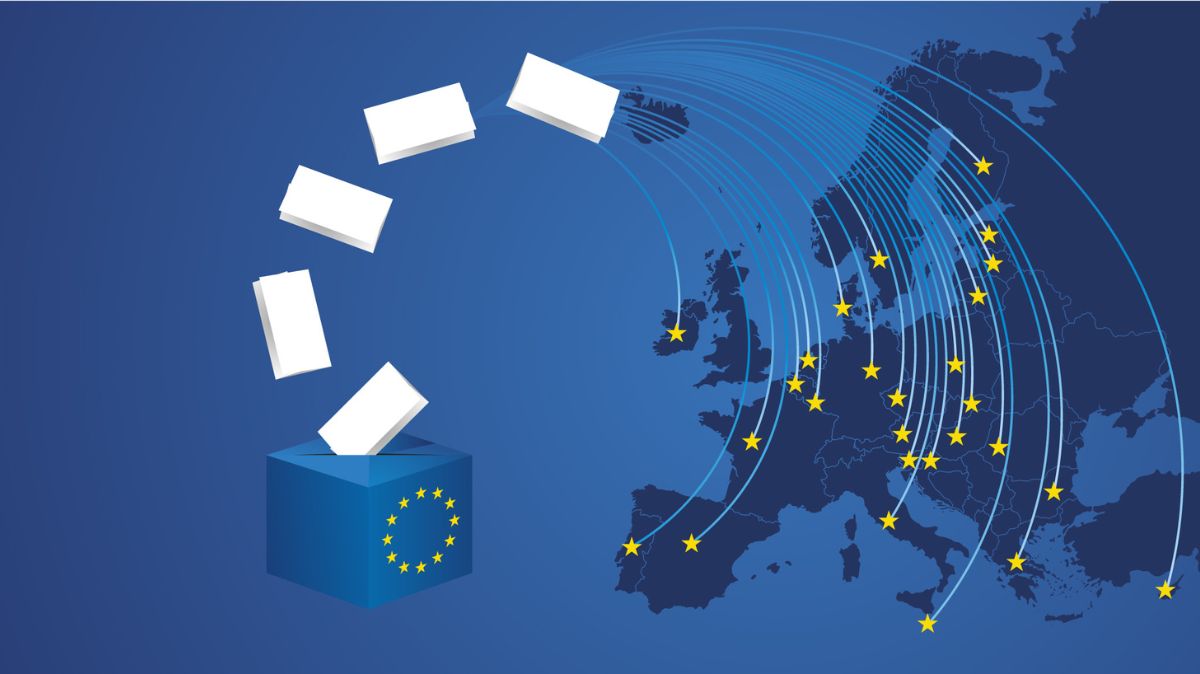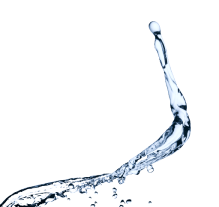The ZeroPollution4Water cluster has produced its first joint policy brief that aims to present and gather inputs from the different activities of the seven EU-funded projects related to the protection of surface and groundwater, to safe drinking water provisions and other uses. The projects are: NINFA, SafeCrew, Mar2Protect, H20forALL, ToDrinQ, UPwater, intoDBP. It is built upon the first cluster meeting organised in October 2023 in Brussels.
The key recommendation that the document brings forward is the need to adopt management strategies and tools (e.g. DSS), based on detailed knowledge of groundwater resources uses and renewal rate, to effectively mitigate the effects of climate change (with special focus on drought and extreme events). Among other recommendations included in the policy brief are:
-Develop a flexible regulatory framework for DBPs including iodinated and nitrogen containing DBPs (I-DBPs and N-DBPs).
-Safety Data Sheet – accessibility of information and better coverage.
-Invest in R&I projects to develop cost-effective technologies for real-time data acquisition and removal of micropollutants, pathogens and DBPs.
-Gain better knowledge about the situation and impact of new Contaminants of Emerging Concern (CEC) (e.g. through mapping) in terms of social aspects and potential policy measures to take.
-Incorporate in future R&I calls: living labs, strong training and awareness-raising programmes for society and all stakeholders particularly focused on CECs.
-Clarify and improve data requirements and management, particularly regarding the identification and monitoring of different antibiotic resistant genes (ARG’s) and their impact on health.
-Invest in drinking water infrastructures, their design and operation to improve the resilience of our system.
-Improve the planification of wastewater reuse at basin level, including with aquifer recharge.
-Support biobased and nature-based mitigation solutions with a risk assessment.
-Minimise the pollution of micropollutants, including microplastics, pathogens and DBPs in the drinking water networks.
Read the full policy brief here. Learn more about the ZeroPollution4Water Cluster.




